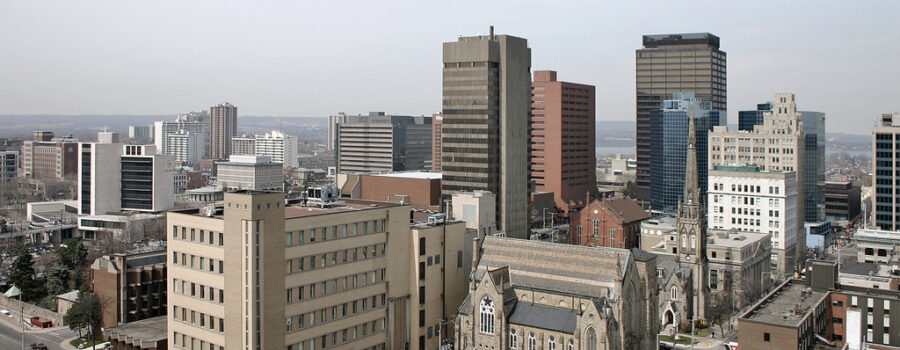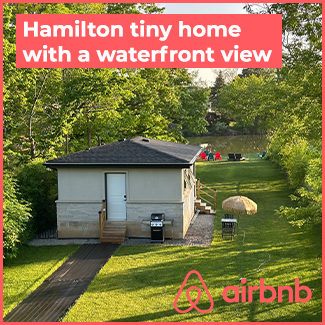
How social media did not win this election
- Dev Team
- 31 Oct 2014
Social media can be tricky when it comes to political campaigns, it can work both for and against you.
In Hamilton’s 2014 mayoral election, social media seemed to barely play a role at all, which is possibly why we saw significantly low voter turnout. Two of the leading mayoral candidates practically avoided the medium, and the other was—by many measures—shouting into a cave.
“The purpose of social media is to build a community and build and manage relationships,” said Alex Sevigny, professor of Multimedia Communication Studies at McMaster University.
“[McHattie] communicated easily and quickly. There was a sense of access and immediacy,” said Sevigny, crediting McHattie. He added that social media can also turn into a bit of an “echo chamber”, with decided voters only engaging other decided voters.
“Fred’s was pretty low key. I don’t think social media was a part of his campaign strategy,” said Sevigny
This is true. Fred’s campaign didn’t put an emphasis on social media. I know because I was told by our editor Martinus Geleynse, the Co-Chair for Fred Eisenberger’s campaign, who said they didn’t prioritize it knowing that social media wouldn’t necessarily help their cause.
But could avoiding social media in itself be a fault?
“It could be,” said Sevigny.
The fact that we had low voter turnout says that, nobody was doing a good job of activating voters, and that is what social media is good for in an election.
In regards to McHattie’s social media campaign, Sevigny said, “While excited and aesthetically pleasing, it actually didn’t do a lot in reaching into communities of people that weren’t already voting for him.”
A good example of this a poll that we hosted on our urbanicity.ca. With 201 total votes, McHattie received 71 per cent of those (142 votes). In the actual election he received just over 20 per cent.
Sevigny said that’s probably because our audience is very “urban and progressive”, much like McHattie’s campaign was.
When it comes to social media and your campaign, you need to decide how much of a ruckus you want to make, because you need your posts and brand to reach farther than your own immediate audience.
“I think the challenge of social media is to build on a brand that already exists,” said Sevigny. “We really didn’t see any of the candidates do that.”
In the days since the election, the leading mayoral candidates’ online activity has followed a steady downward line.
“The challenge they faced was to very quickly build a social media community,” said Sevigny. But that’s extremely hard to do without some kind of viral component to your campaign, and none of them had that.
The debates were cordial and low key, there were no gaffs or outbursts, and no one really tried to do or say anything outstanding on social media.
According to Sevigny, McHattie’s video release a week before election day was the most remarkable online aspect that any mayoral campaign attempted.
It too didn’t cause a ruckus, stir people up, or change any minds.
Avoiding social media may help you win. It may help navigate any bad press and keep negative comments out of sight therefore out of mind, but these days, it may also be slighting your audience and undecided voters.
Social media is the easiest and least expensive way for a candidate to engage and communicate with voters—especially young voters. So, does disregarding it help or hurt democracy?
Comments 0
There are no comments


Add comment